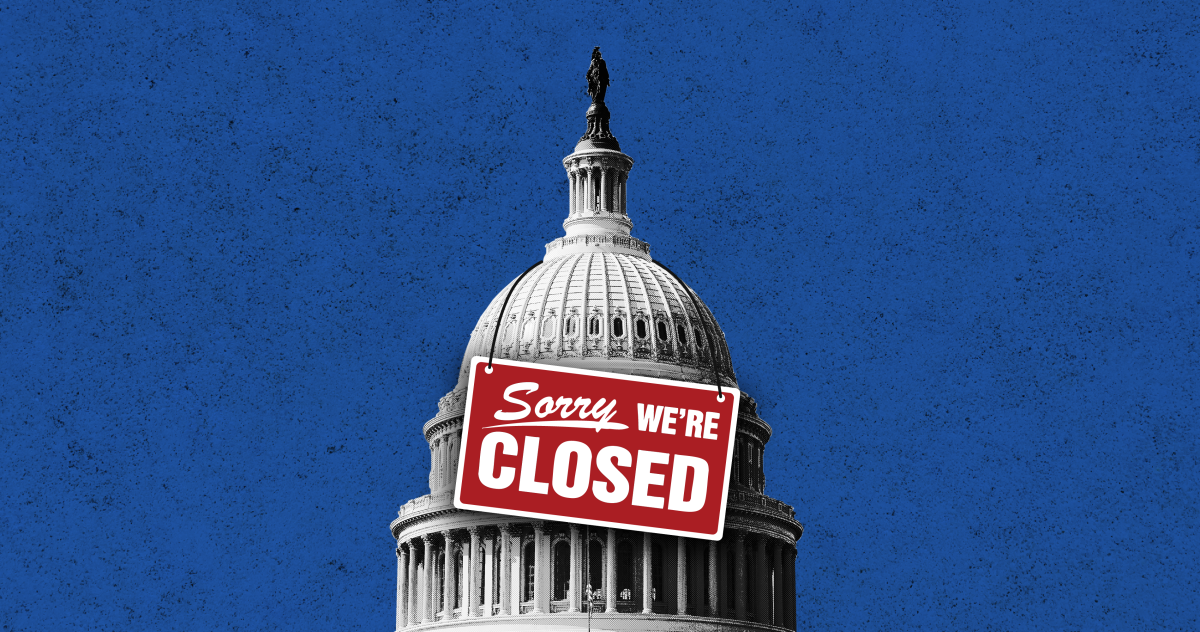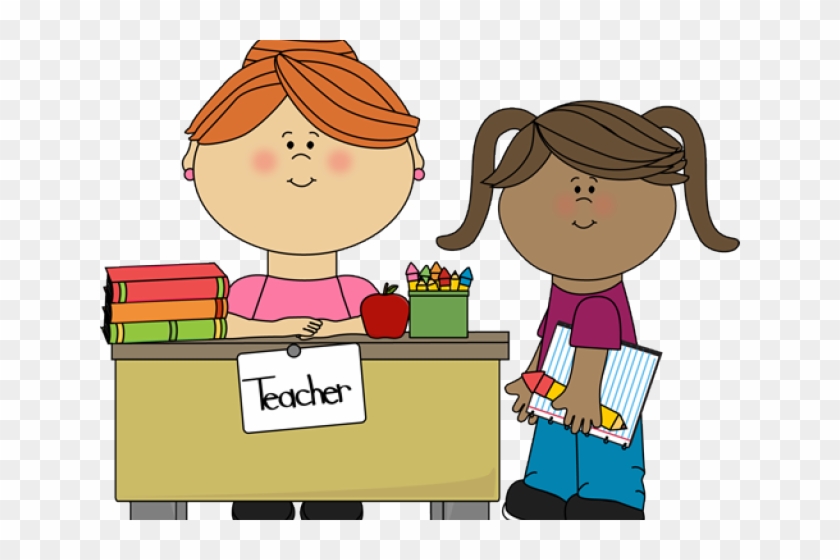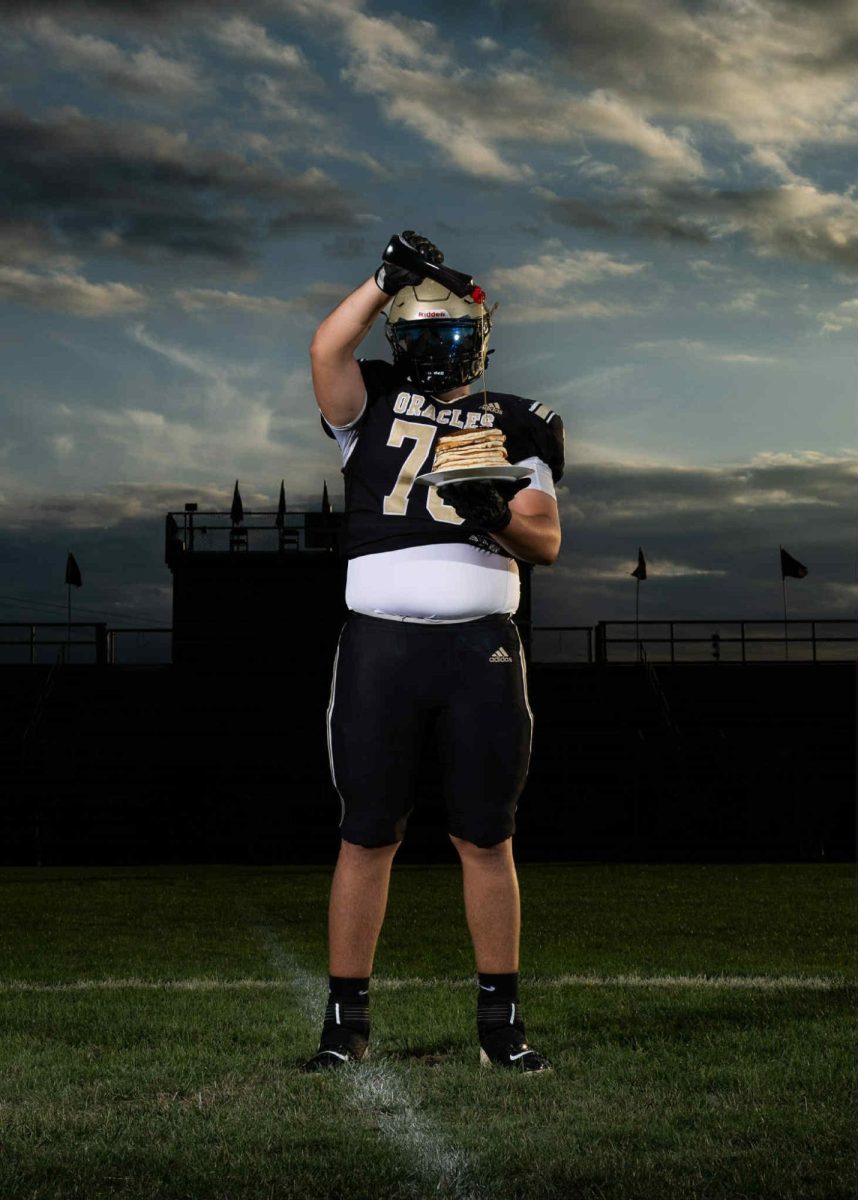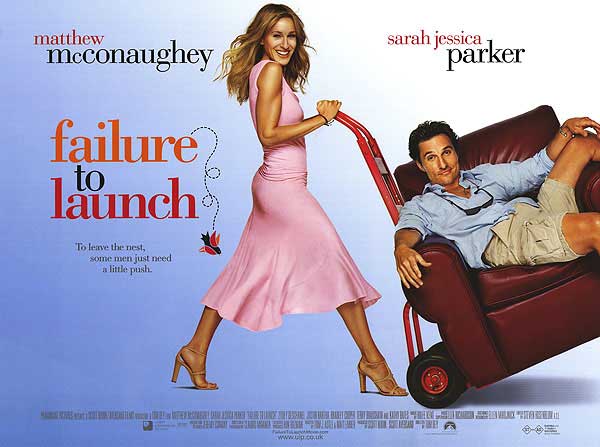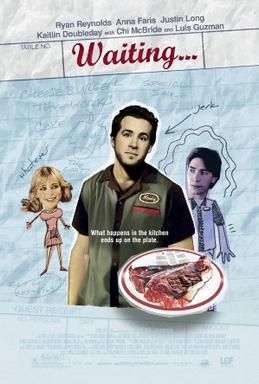
In July of 2024, the state of Indiana made it abundantly clear where their priorities lay within the youth, and students, more specifically. Senate Bill 185 brought positive changes to Delphi Community High School, according to the students and staff within the building itself. The bill stated that cell phones and other smart devices were not allowed in classrooms during instructional and teaching time. Now, in 2025, the resolution created by former principal, Kevin Sims, is still in effect. The parking lots for students’ cell phones remain in each classroom, for the second year in a row. Alongside this rule, comes a set of new additions to the Student Handbook at DCHS. There are a lot of new expectations regarding watches, water bottles, earbuds, and the student parking lot.
While the term “smart devices” mostly referred to cell phones as of last school year, there is now a rule in the handbook that specifically targets smart watches. The rule states that students are not to have watches of any kind in the classroom, and that they are essentially to be treated in a similar manner to the cell phones themselves. The handbook also states that students must have any and all beverages in water bottles, specifically of the kind that have a screw-on lid. Additionally, there is a new expectation that explicitly targets student drivers. Before the buses have left the school, it is expected that every vehicle exiting the student parking lot turns right.
Of the teachers interviewed, all of them reported the new rules to be positive installments in their classrooms. The general consensus was that limiting the use of earbuds in the classroom has helped to create a better learning environment for students. Each teacher remarked that this is because it is now something that each teacher treats in the same capacity, and they do not need to spend time reminding students of the rule. Consistency seemed to be a recurring theme through the interviews, and something that was regarded of importance. Collectively, the expression of the expectations regarding specific things (water bottles, earbuds, etc.), have allowed for better student understanding and made enforcing the rules easier on teachers.
There were very few voiced concerns, and they only regarded the safety of student drivers and other drivers alike. While it seemed to some that the expectations for exiting the student parking lot were helping to empty the lot more efficiently and quickly, there was one worrying thought. One teacher mentioned that turning right seems to force more students onto the Hoosier Heartland Highway at around the same time, which could potentially be dangerous. They also posed the thought that forcing students to make u-turns could leave more opportunities for accidents.
The general consensus from the interviewed staff appears to be that the enforcement of the new rules have allowed to build a better student life at DCHS. The rules are merely part of the fabric. The expectations are set with the end goal of preparing students to become successful in the professional work environment, regardless of their career paths. As long as the expectations remain communicated, and the discipline remains consistent and just from student to student, students will continue to thrive at DCHS.

